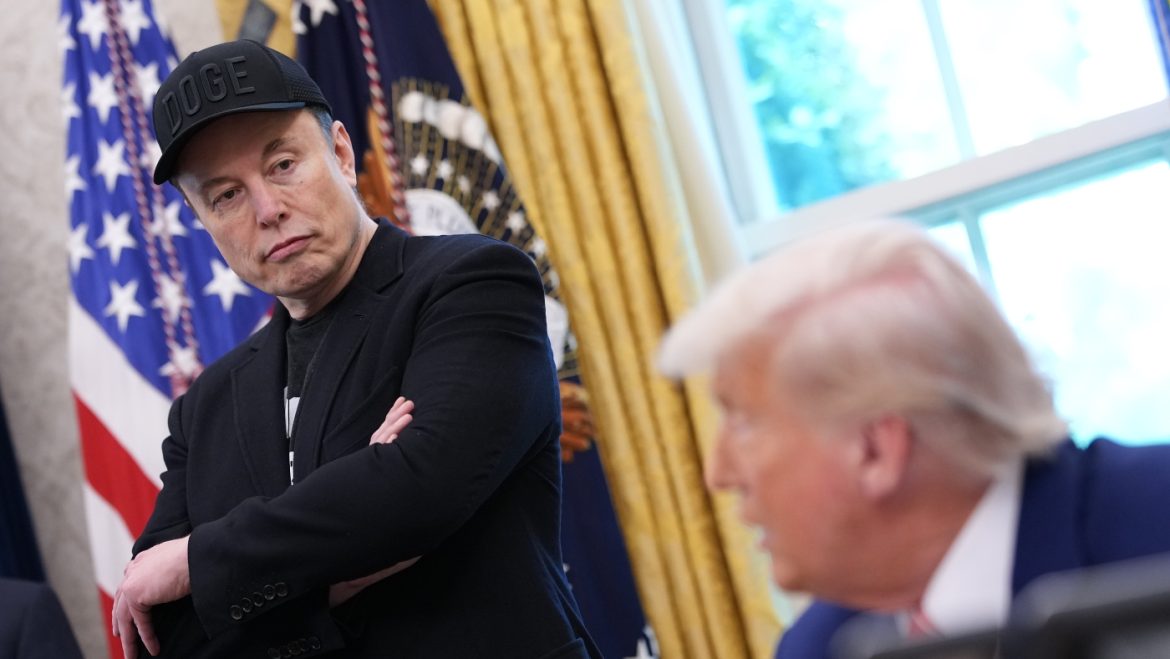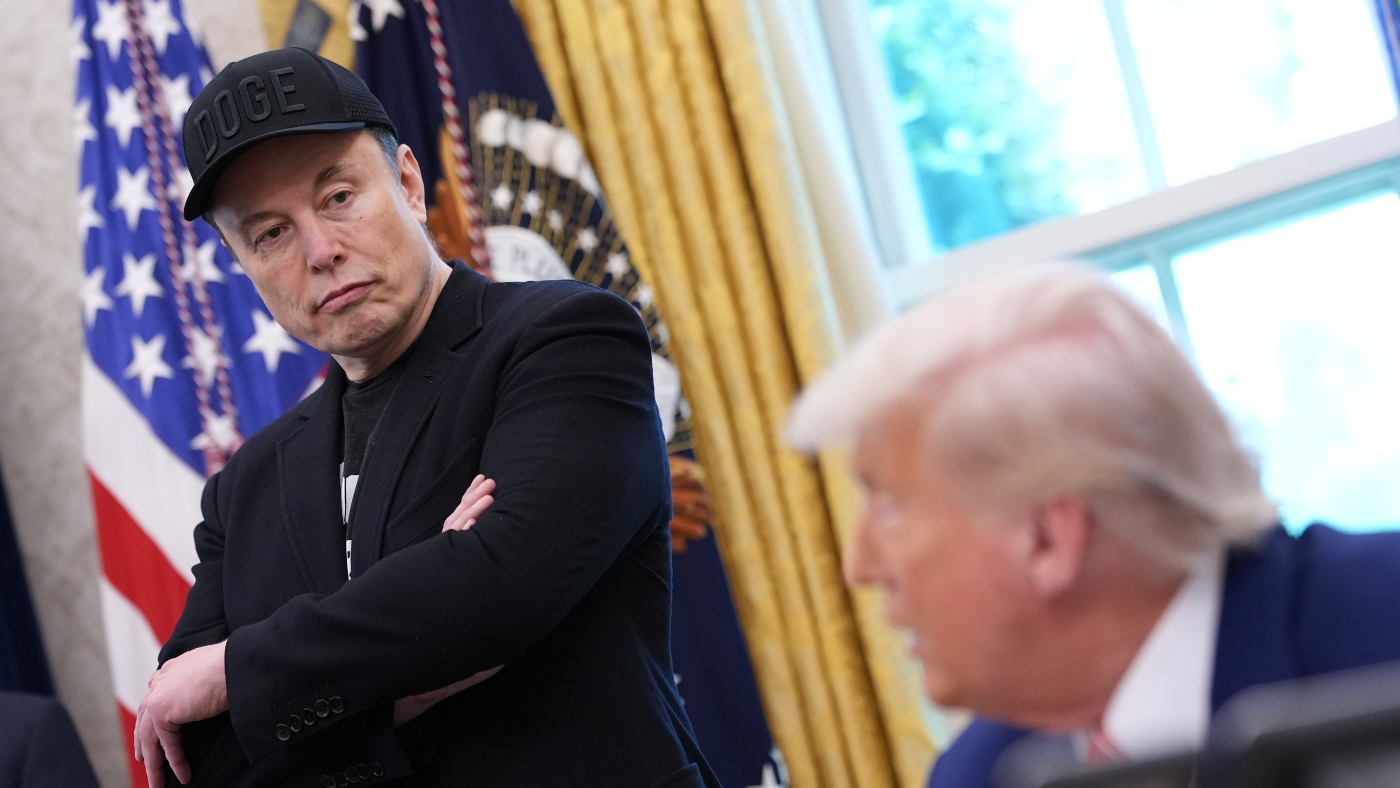Elon Musk’s Public Retraction: Navigating the Complex Terrain of Social Media Feuds
Elon Musk, the often outspoken technology entrepreneur and CEO, recently issued a public statement expressing regret over some of his social media posts directed at former US President Donald Trump. This admission of “going too far,” made prominently on the platform X (formerly Twitter), marks a notable moment in the already ongoing verbal duel between two high-profile figures with significant global influence.
The Context and Content of Musk’s Regret
Musk’s regret centers on a series of posts from the previous week engaging in sharp criticism of President Trump. Although he did not specify which exact posts he found excessive, his admission suggests a recognition that the tone or content crossed subjective boundaries of appropriate public commentary.
The announcement came after an intense exchange of insults on social media, where both parties had seized on various contentious issues. Musk’s statement read simply: “I regret some of my posts about President @realDonaldTrump last week. They went too far.” The straightforward formulation avoids elaborate justification, which implicitly acknowledges an overstep without providing a defense.
Implications for Social Media Dynamics and Public Discourse
Musk’s backtrack provides insight into the volatile nature of social media interactions among public figures. This environment often rewards rapid, exacerbating exchanges that can polarize audiences and escalate conflicts. Musk, known for his unfiltered style, exemplifies how influential individuals can sometimes misjudge the impact or tone of their public remarks.
His choice to publicly express regret reflects a potential recalibration in his communication strategy. It serves as a reminder that even tech leaders who shape global conversations are susceptible to the repercussions of digital rhetoric. This acknowledgment might also be aimed at softening tensions or managing reputational effects amid broader scrutiny on how social media discourse shapes political and social narratives.
Market and Public Reactions
Following Musk’s confession, there was a notable market reaction, with Tesla shares in Frankfurt increasing by 2.7%. This may suggest investor approval of his attempt to temper conflict or a belief that de-escalation could mitigate risks associated with ongoing political disputes. The financial markets often respond not only to corporate fundamentals but also to signals about leadership stability and public image.
Public and media coverage has consistently highlighted the implications of this feud, underscoring the potent intersection of technology, politics, and media spectacle. Musk’s regret has thus become a focal point for discussions about responsibility, influence, and the limits of free expression in digital arenas.
Understanding the Motivations Behind Musk’s Statement
Several factors could explain Musk’s decision to issue this statement of regret. First, prolonged public feuds carry risks of distracting from business priorities or alienating segments of followers and stakeholders. Second, regulatory scrutiny and public expectations about social conduct, especially for influential figures, may impose a tacit pressure to demonstrate accountability.
Additionally, the acknowledgment positions Musk as reflective and capable of moderating his own behavior, an important aspect for leaders navigating the complexities of public perception. It may also signal a strategic move to redefine his relationship with political actors and the wider public discourse as he manages his multiple roles.
The Broader Significance for Digital Communication
Musk’s experience highlights the broader challenges in the age of instantaneous, global digital communication. The capacity for a single post to reverberate widely and rapidly demands heightened awareness from those wielding public platforms. While social media can democratize voices, it also amplifies conflicts and blurs the lines between personal opinion and influential commentary.
The episode underscores the delicate balance between exercising candidness and maintaining constructive dialogue. It illustrates the need for thoughtful engagement, particularly when messages pertain to divisive political figures or sensitive topics, to avoid unintended escalations.
Conclusion: Lessons in Influence and Accountability
Elon Musk’s expression of regret over his social media posts about Donald Trump acts as a powerful case study in the responsibilities intrinsic to public influence. It reveals the complexities of navigating personal expression, public perception, and strategic interests in an era dominated by rapid digital exchange. While his initial posts may have reflected genuine sentiment or tactical positioning, the decision to step back and acknowledge excess invites reflection on the interplay of power, communication, and consequence in modern discourse.
As digital platforms continue to shape political and cultural landscapes, this episode serves as a reminder that influence—however vast—carries the weight of accountability. Musk’s measured retraction may not erase prior tensions, but it opens a space for recalibration and perhaps more mindful engagement in the public arena going forward.


